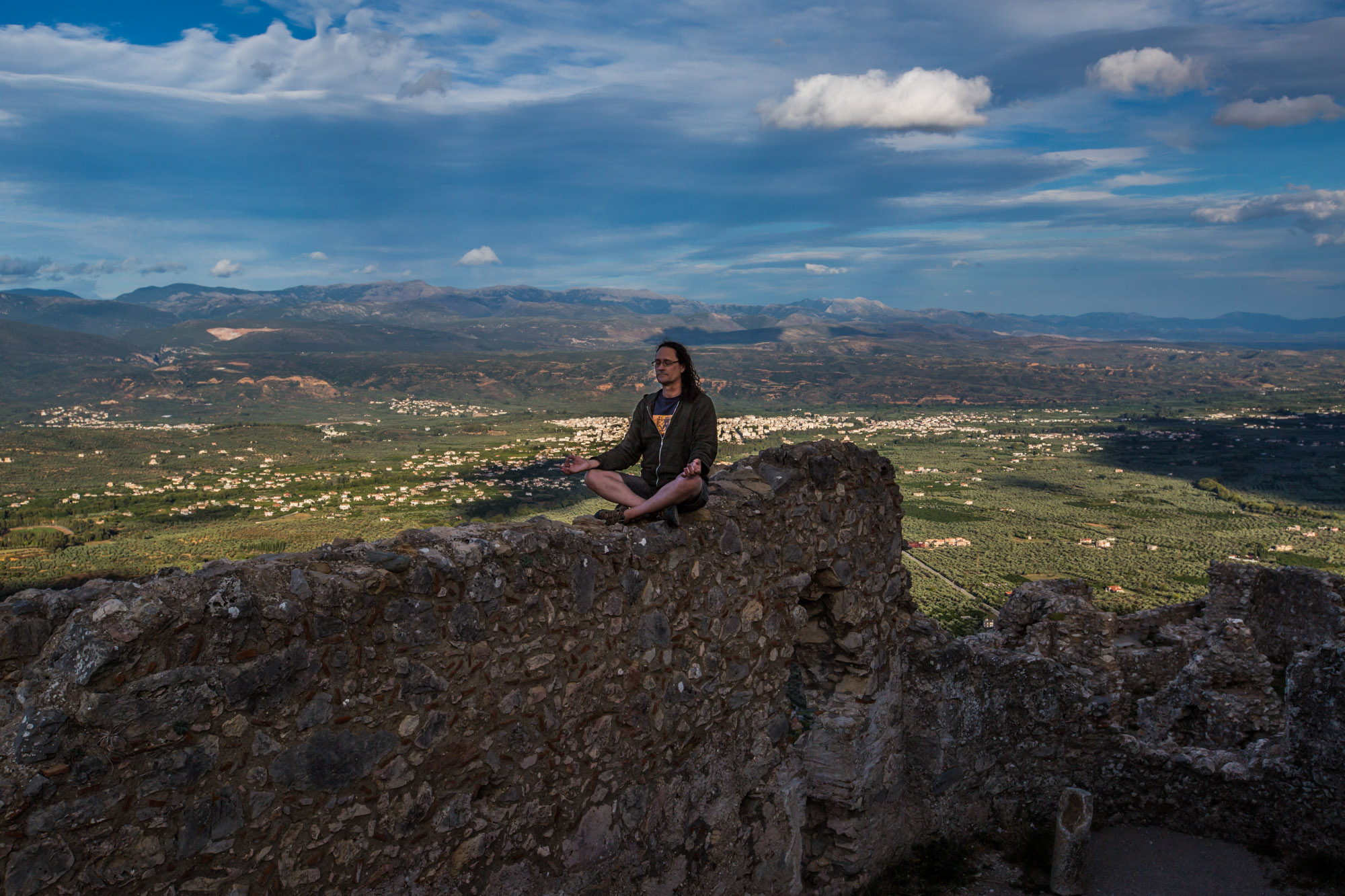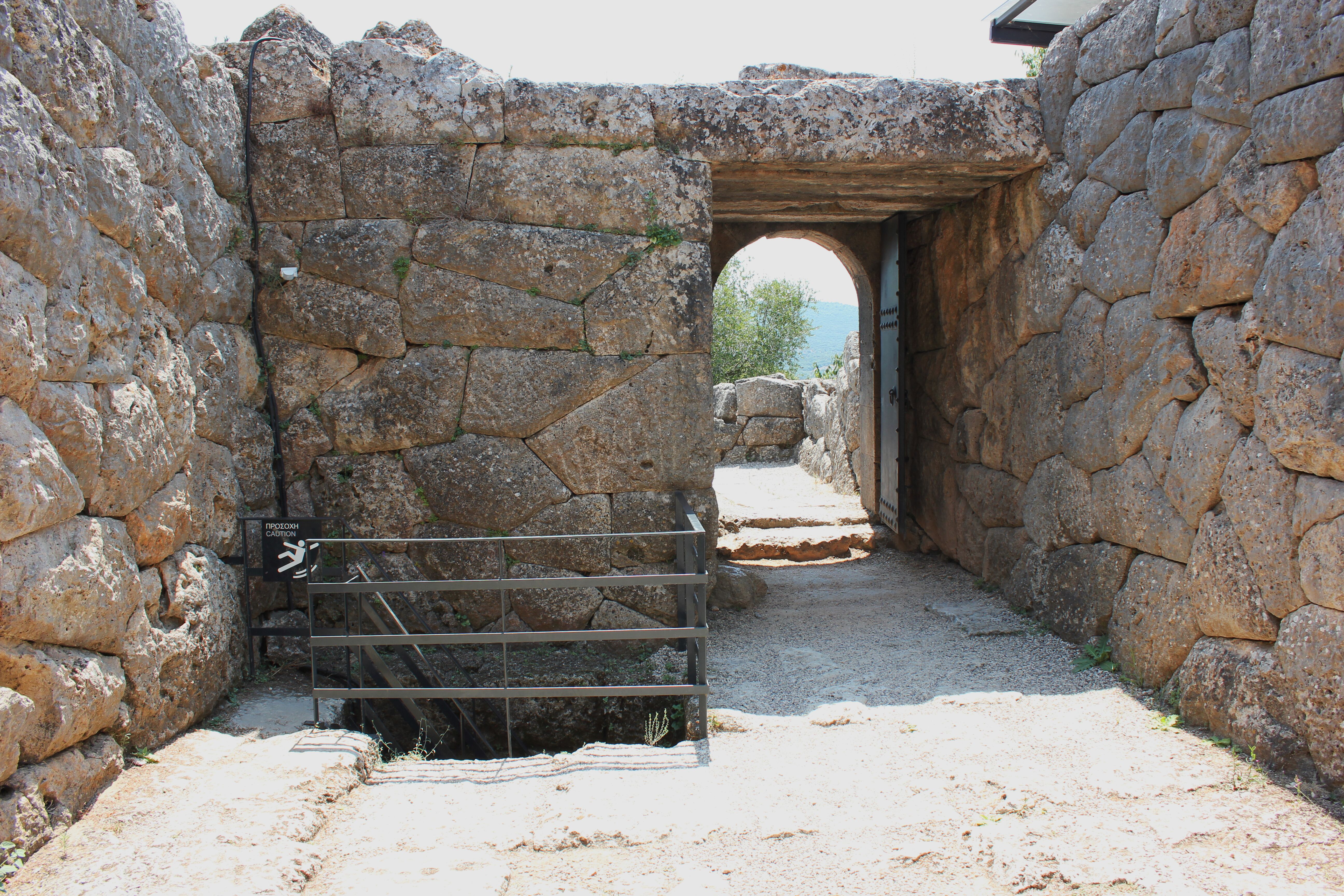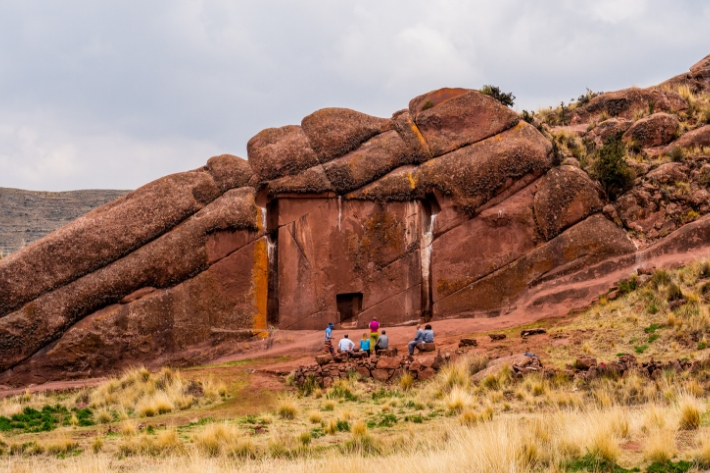
The Odyssey by Homer is a classic epic poem that is widely considered to be a symbolic representation of the human journey to rediscover your true self. The central character, Odysseus, embarks on a long and arduous journey that takes him away from his home and his family. Throughout his travels, he faces numerous challenges and obstacles, including fighting monsters, facing temptations, and being tested by the gods.
In many ways, the Odyssey can be seen as a metaphor for the journey of self-discovery. Like Odysseus, each person must navigate their own path in life and face their own challenges. Along the way, they must make choices that shape who they are and determine their ultimate destination.
Odysseus’s ultimate goal is to return home to his wife, Penelope, and reclaim his kingdom. This represents the idea that one’s true home is not necessarily a physical place, but rather a state of mind and a sense of belonging. To find your way back home, you must first find your way back to yourself.
In the end, Odysseus is able to reclaim his kingdom and reunite with his family because he has stayed true to his values and his sense of self, despite the many challenges and temptations he faced along the way. This symbolizes the importance of staying true to one’s values and one’s sense of self in order to find one’s way back home, both metaphorically and in the literal sense.
Overall, the Odyssey serves as a timeless reminder of the power of perseverance, determination, and the importance of staying true to oneself.
Here is how our journey to Greece can help you to rediscover your true self, through long conversations with Phil Cousineau and visiting the sites of this epic poem.
Phil’s famous Long Conversations
Phil has been leading journeys around the world and for the last thirty years has created the tradition of the Long Conversation. These conversations aim to help the pilgrim explore the themes of the journey and put each of their days into context. Throughout the journey to Greece, Phil will lead many of these conversations to expand on the lessons of the day.
The first one will be a discussion of the 3000-year-old history of Homer’s masterpiece and how it has been rendered in poetry, theater, dance, opera, and movies, as a time-defying example of how to “get home again,” which is still a powerful metaphor for learning how to rediscover our true selves. This will set the tone for an underlying theme of the Odyssey and this journey to help you can use the teachings from this ancient epic in the modern world to uncover your true authentic self.
Rediscover your true self in Ithaka
On day six of our journey we take a four-hour journey to Pisaetos harbour, Ithaka. Visiting the island of Ithaka, the supposed home of Odysseus in Homer’s “The Odyssey,” can be a powerful and transformative experience for those seeking to rediscover their true selves. Here are some ways in which visiting Ithaka can help you to rediscover your true self.

- Connection with the natural world: Ithaka is a beautiful and serene island surrounded by lush greenery and crystal-clear waters. Being in close proximity to nature can have a calming and grounding effect, helping to clear the mind and reconnect with one’s innermost feelings and thoughts.
- Reflection: The island of Ithaka is steeped in history and mythology, and visiting it can provide an opportunity to reflect on one’s own journey in life and the choices one has made. This can help to provide a greater sense of perspective and clarity, leading to a deeper understanding of oneself.
- Inspiration from the story of Odysseus: The story of Odysseus is one of perseverance, determination, and the importance of staying true to one’s values. Visiting Ithaka can help to provide inspiration and motivation, reminding visitors of the importance of staying true to oneself and persevering in the face of challenges.
- Rejuvenation: Ithaka is a peaceful and restful place, offering visitors the chance to escape from the fast-paced and stressful demands of daily life. Taking time to relax and recharge can help to restore energy levels and provide a renewed sense of purpose and clarity.
Death and Rebirth at Necromanteion
Possibly one of the strangest sites in ancient Greece and one of the least visited of all of the Homeric sites, Necromanteion of Acheron, has, for millennia been marked as the entrance to Hades. Pilgrims gather here from all over the world to honour and celebrate those who have recently passed and also to be led by the resident Oracle of the Dead down into subterranean chambers, where it’s believed they experienced a ritual death and rebirth.
The concept of death and rebirth can be a powerful symbol in the journey towards finding one’s true self and can represent the idea that in order to discover who you truly are, you must let go of old beliefs, habits, and patterns of behavior that no longer serve you.

“Death” can be seen as the process of shedding old and limiting beliefs, habits, and behaviors, while “rebirth” represents the emergence of a new and authentic sense of self. This process can be difficult and painful, much like the death and rebirth experiences described in various spiritual traditions, but it can also be immensely transformative and empowering. While visiting Necromanteio we will ponder the idea of death and rebirth and how we, ourselves, can shed the things that are no longer serving us in order to make room for our authentic selves.
We hope you will join us on our journey to Greece in May with Phil, to visit the sites of the Odyssey and how this epic poem can be used to rediscover your true self in the modern world.

